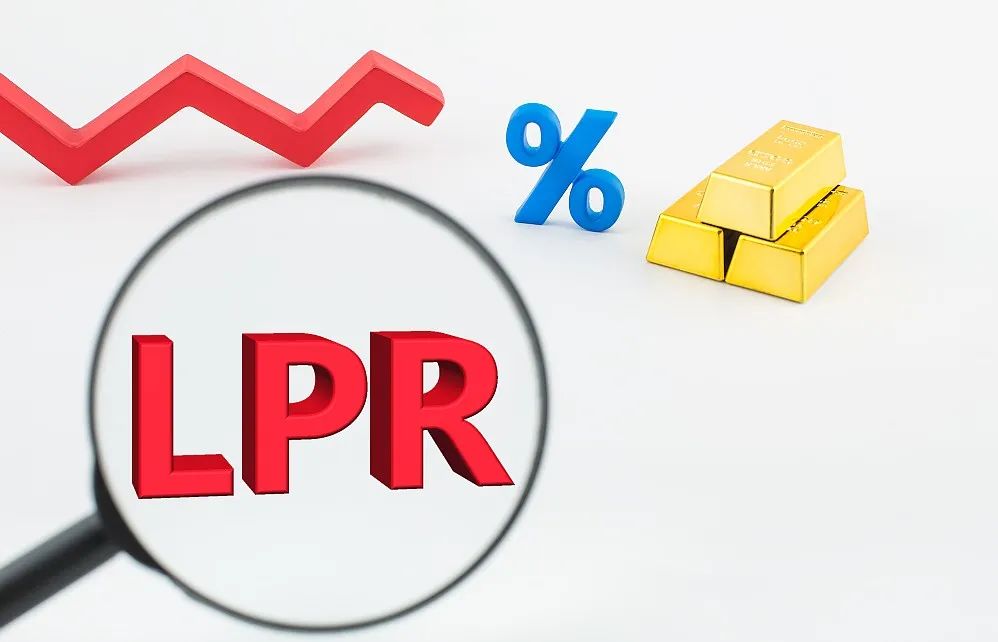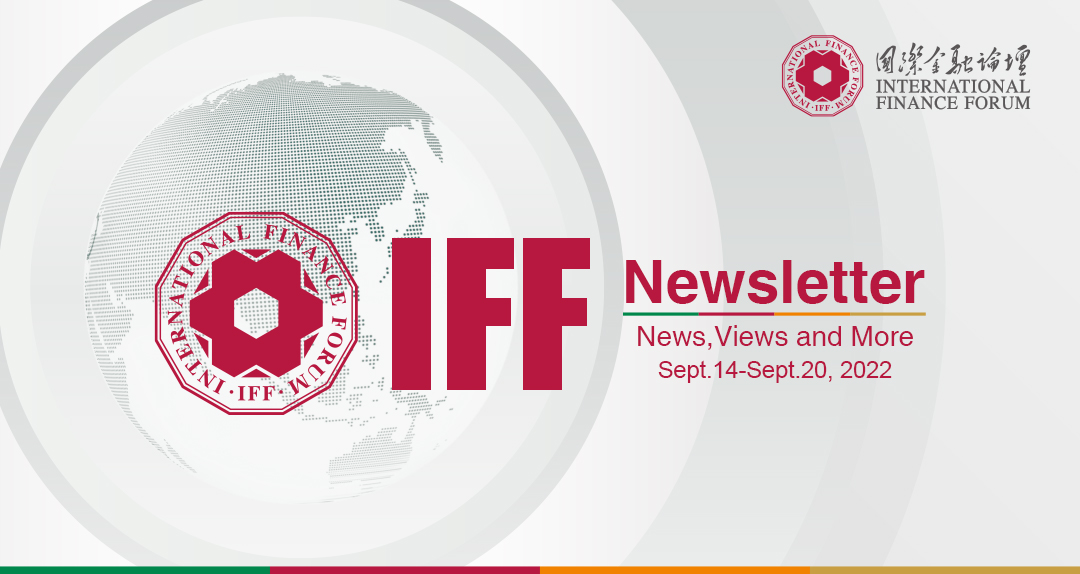
China’s economy perked up in August as factory output and retail sales grew faster than expected, the latest data from the National Bureau of Statistics showed. The property sector, however, slowed further in August with investment in the sector dropping to a new low in the first eight months of the year. Shanghai on Tuesday launched eight projects with a total investment of 1.8 trillion yuan. In his first foreign trip since the Covid-19 pandemic, President Xi urged the member states of the Shanghai Cooperation Organisation to expand security, education and technology cooperation at the SCO summit in Uzbekistan.
World leaders are gathering at the United Nations General Assembly to discuss issues including the conflict in Ukraine, food shortage and climate crisis. The World Bank on Thursday warned that interest rate hikes could trigger a global recession in 2023. On a positive note, last week Tedros Adhanom Ghebreyesus, director general of the WHO, said the end of the Covid-19 pandemic was in sight as the world reported its lowest deaths last week.
China’s economy rebounds in August
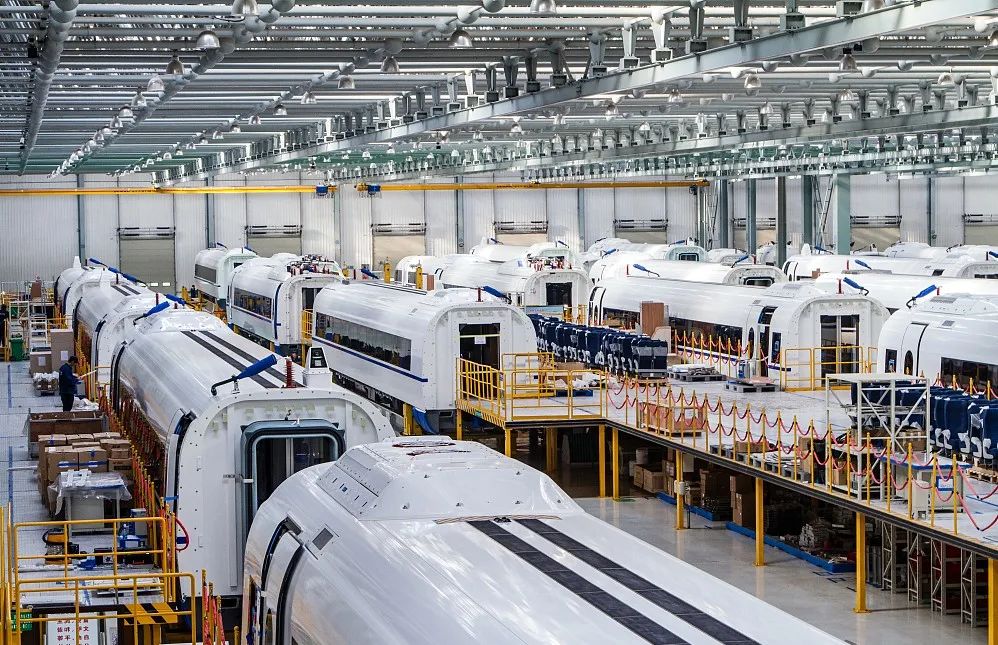
China’s economy rebounded in August thanks to strong growth in industrial production, retail sales and fixed asset investment.
Industrial output grew 4.2% in August from a year earlier while retail sales grew 5.4% compared to 2.7% in July, data from the National Bureau of Statistics (NBS)showed on Friday.
Investment in fixed assets in the first eight months of the year increased 5.8%, 0.1% faster than that of the first seven months, according to NBS data.
Services production rose 1.8% from a year earlier, 1.2% faster than that of the previous month.
Unemployment also eased in August with unemployment rate standing at 5.3%, down from 5.4% in July. Youth unemployment stayed at 18.7%, down from July’s 19.9%.
China’s property sector contracts further in August
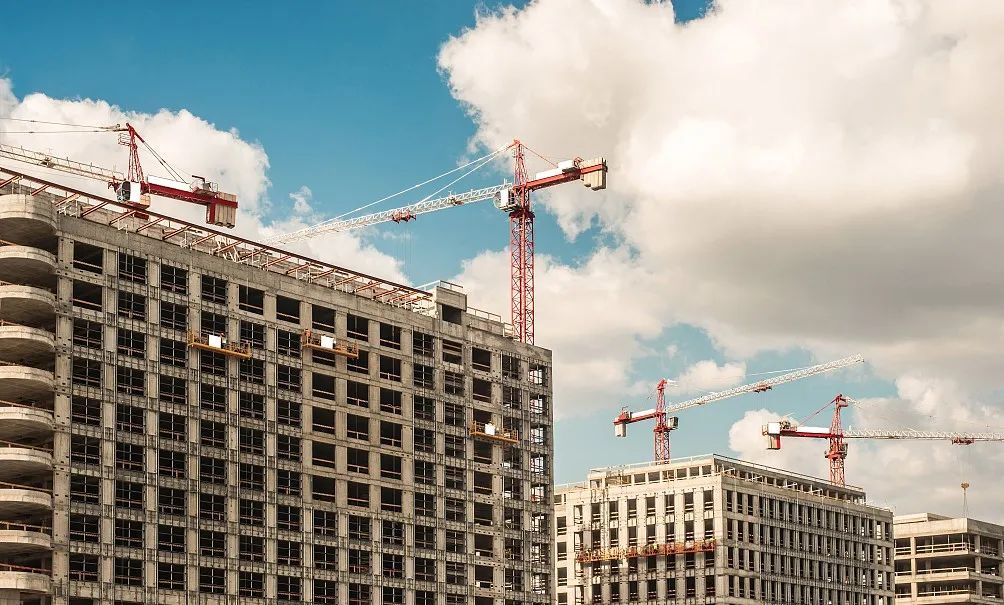
China’s property crisis deepened in August with further drops in home prices, sales and investment, official data showed on Friday.
Of the 70 cities surveyed by the National Bureau of Statistics, 50 cities saw the price of new residential buildings drop, compared with 40 in July.
Property investment dropped 7.4% in the first eight months of the year while sales of new homes by floor area dropped 23% from the same period last year.
Prices of new homes in second-tier cities dropped 0.2% while those of the third-tier decreased 0.4% compared to that of July.
China keeps lending benchmarks unchanged
China kept its benchmark lending rates unchanged from the previous month, according to a statement from its central bank on Tuesday.
China’s one-year loan prime rate (LPR) stayed at 3.65% while the five-year LPR remained at 4.3%, same as last month, a brief statement by the People’s Bank of China showed.
Shanghai announces $257bln infrastructure projects

Shanghai launched on Tuesday eight infrastructure projects with a total investment of 1.8 trillion yuan ($257 billion), according to Chinese media.
The eight projects include a transport hub in Shanghai’s Pudong area, railways, offshore wind farms, housing improvement and an ecological park.
China’s big four banks cut deposit rates
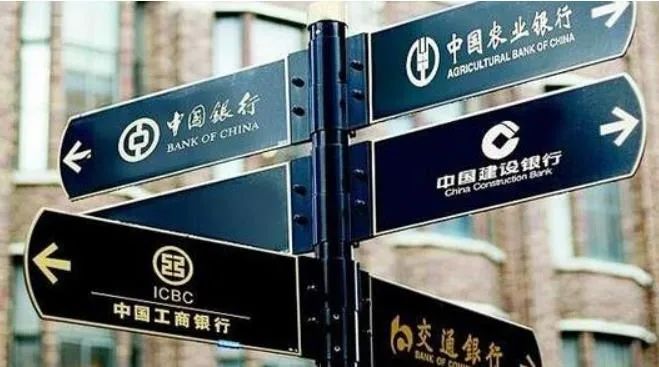
Four of China’s largest state banks cut deposit rates on Thursday, according to state media Securities Times.
The banks, including Industrial and Commercial Bank of China, Agricultural Bank of China, China Construction Bank and Bank of China, trimmed three-year deposit rates by 0.15% or 15 basis points.
The banks cut the one-year, two-year and five-year deposit rates by 10 basis points.
President Xi calls for enhanced support at SCO summit
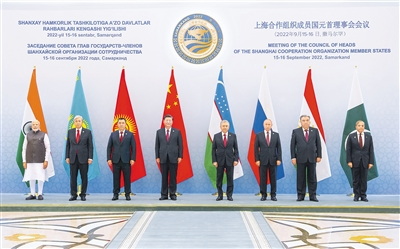
China’s President Xi Jinping called for enhanced mutual support to “oppose interference in other countries’ internal affairs” at the Shanghai Cooperation Organisation (SCO) summit hosted by Uzbekistan on Friday.
Speaking at the SCO summit, President Xi urged the member nations of SCO to expand security cooperation and join the Global Security Initiative, first proposed in April.
China will train 2,000 law enforcement personnel for SCO member states in the next five years.
China also pledged to send 1.5 billion yuan worth of grain and other emergency aid to developing nations.
Xi said the expansion of the SCO will ensure “durable peace and common prosperity of the Eurasian continent and the whole world”.
Russian President Vladimir Putin, Indian Prime Minister Narendra Modi as well as leaders from Uzbekistan, Kazakhstan, Pakistan and Tajikistan also attended the meeting.
He called for SCO members to deepen cooperation in education, science, technology and health.
China will carry out 2,000 free cataract operations for SCO member states in the next three years, Xi said in his speech.
China invests 536 bln yuan in public-private projects in first 8 months
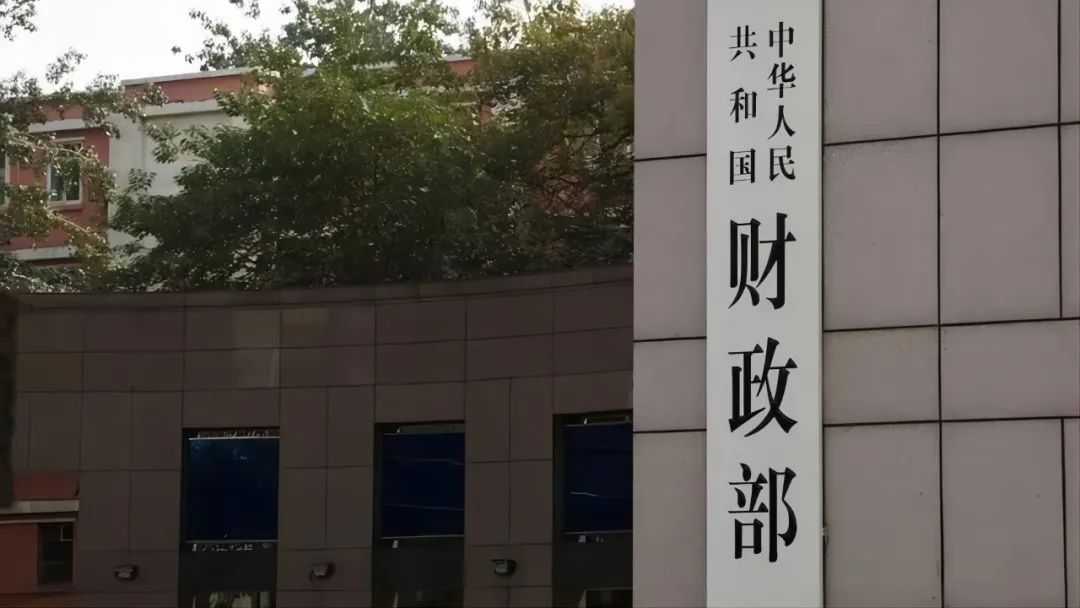
China added 386 new public-private partnership (PPP) projects with a total investment of 536 billion yuan in the first eight months of the year, official data showed.
The largest investment went to the transport sector with a total investment of 239.9 billion yuan, according to Xinhua.
China saw 48 new PPP projects in August, 25 of which were related to low carbon and pollution prevention and control, Xinhua reported.
World leaders gather at UN General Assembly
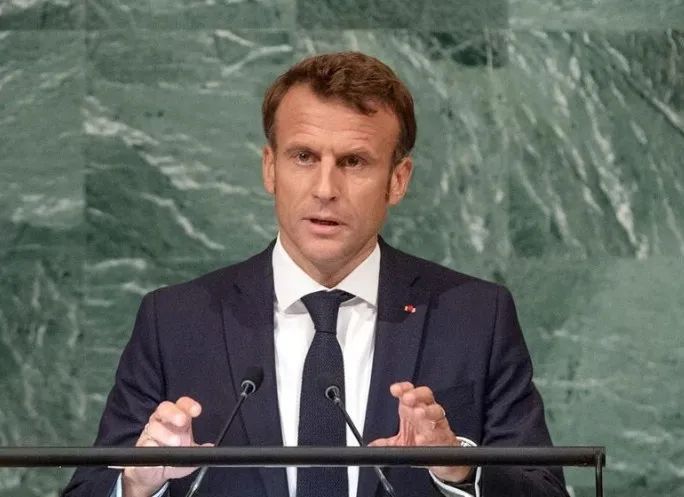
World leaders are gathering at the High-Level week of the United Nations General Assembly between September 19 to 23 in New York.
More than 150 heads of state and government representatives are expected to deliver speeches from Tuesday to Sunday, according to the New York Times.
World leaders who have addressed the Assembly include German Chancellor Olaf Scholz, Japanese Prime Minister Kishida Fumio and French President Emmanuel Macron.
War in Ukraine has been the focal point of these speeches.
US President Joe Biden is to deliver a speech on Wednesday.
The 77th session of the UN General Assembly opened last Tuesday with its new president urging world leaders to respond to humanity’s most pressing challenges including the war in Ukraine, according to the UN.
Csaba Kőrösi from Hungary made his first address as the President of the 77th session of UNGA last week.
Japan August inflation reaches near 8-year high
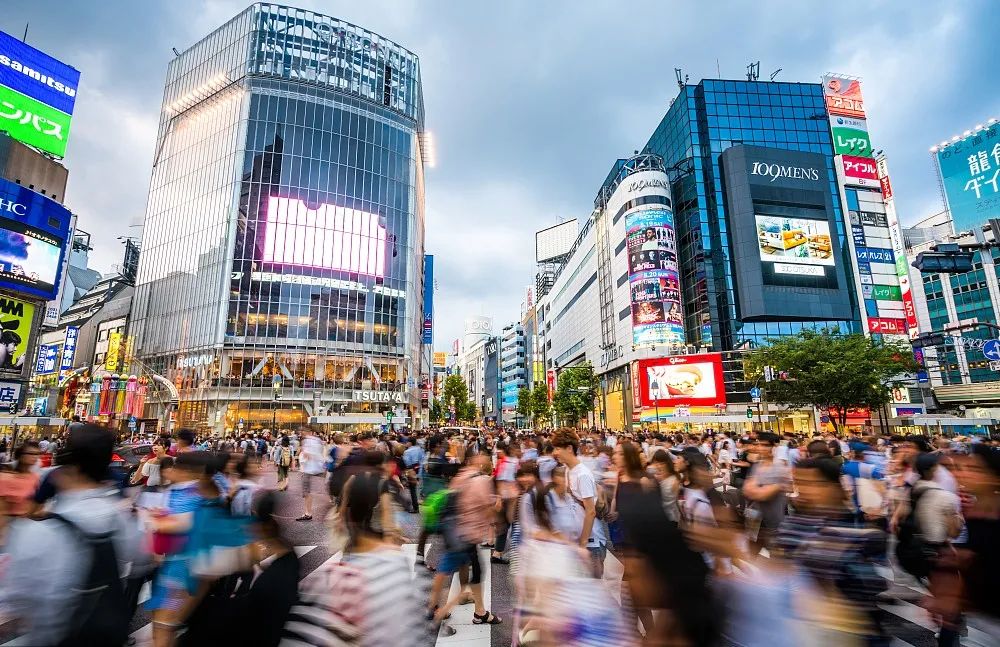
Japan’s core inflation rose 2.8% in August, the fastest pace in nearly eight years, according to Reuters.
Consumer prices excluding fresh food increased 2.8% in August from a year ago, official data released on Tuesday showed.
Rate hikes could trigger global recession in 2023, World Bank
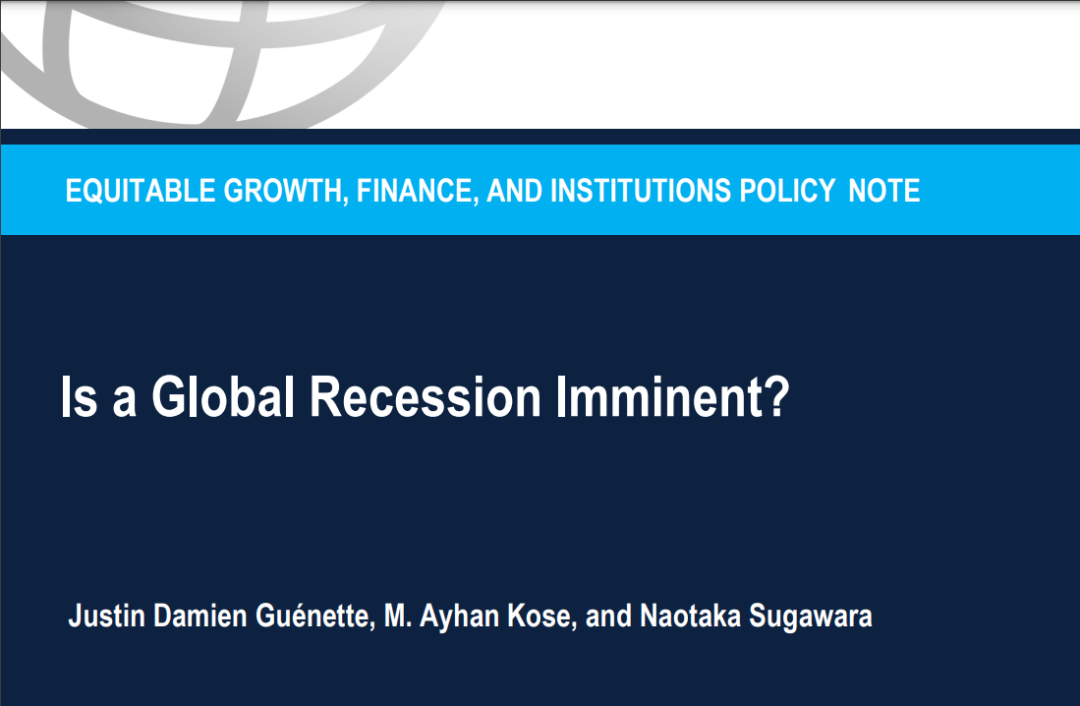
Interest rate hikes by central banks around the world could trigger a global recession in 2023, the World Bank warned on Thursday.
It said the global economy was now in its steepest slowdown following a post-recession recovery since 1970.
Global GDP could slow to 0.5% in 2023 if central banks keep raising interest rates, the World Bank estimated.
The world’s three largest economies, the US, China and the euro area, have been slowing sharply this year and a moderate hit to the global economy over the next year could tip it into recession, according to the World Bank.
Central banks around the world have been raising interest rates this year to combat soaring inflation “with a degree of synchronicity not seen over the past five decades”.
But the raises may not be sufficient to bring inflation down, according to the World Bank.
“Global growth is slowing sharply, with further slowing likely as more countries fall into recession. My deep concern is that these trends will persist, with long-lasting consequences that are devastating for people in emerging market and developing economies,”said David Malpass, President of the World Bank.
Malpass said policymakers could shift their focus from reducing consumption to boosting production.
End of Covid-19 pandemic in sight, WHO chief
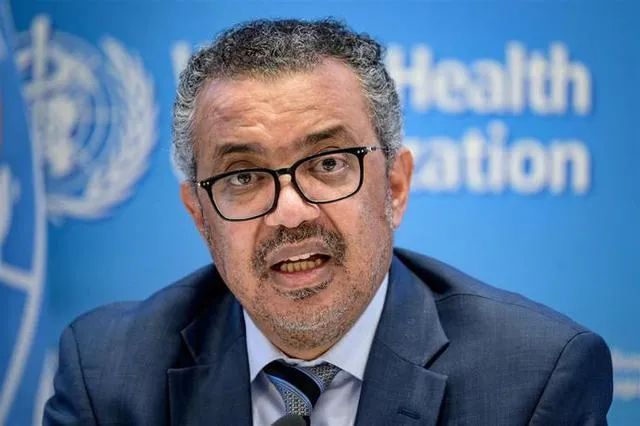
The end of the Covid-19 pandemic is in sight as the world reported its lowest number of deaths from Covid-19 since March 2020, the World Health Organisation said last Wednesday.
“We have never been in a better position to end the pandemic,” said Tedros Adhanom Ghebreyesus, Director-General of the UN health agency.
He warned that if the world does not take the opportunity now, there is still a risk of more variants, deaths, disruption, and uncertainty.
EU proposes security rules for digital product makers

The European Commission proposed Thursday cybersecurity rules for manufacturers of digital products, according to a statement by the EU.
The Cyber Resilience Act will ask manufacturers of digital products including both hardware and software to remain responsible for cybersecurity throughout a product’s life cycle.
Digital products can only go on the market if they meet cybersecurity requirements according to the rules. The Act requires manufacturers to include cybersecurity in the design and development of digital products.
Companies that violate the rules would face fines of up to 15 million euros or 2.5% of their global revenue.
The Act now goes to the European Parliament and the Council for final approval.
“By introducing cybersecurity by design, the Cyber Resilience Act will help protect Europe's economy and our collective security,” said Thierry Breton, Commissioner of the Internal Market of the EU.
Biden orders deeper reviews of foreign investment in tech, supply chain
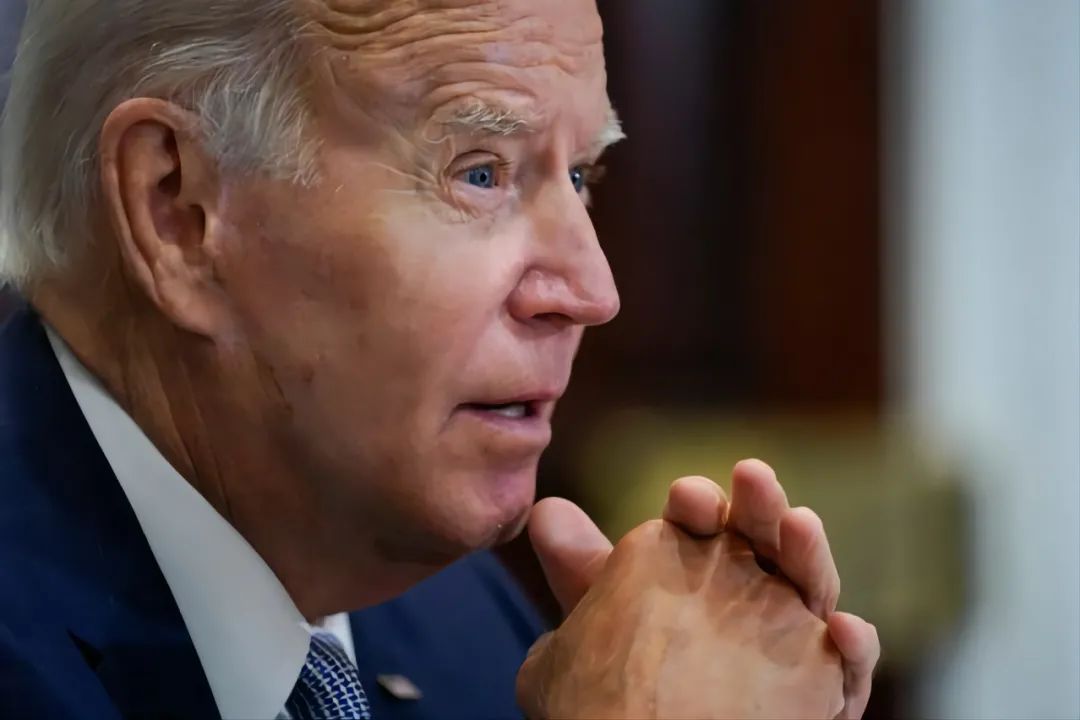
PHOTO: EVAN VUCCI/ASSOCIATED PRESS
US President Joe Biden signed an executive order on Thursday to conduct deeper foreign investment reviews in chips and supply chains.
The order asked the Committee on Foreign Investment to “remain responsive to evolving national security risks”.
“National security risks may arise from foreign investments involving ‘a country of special concern that has a demonstrated or declared strategic goal of acquiring a type of critical technology or critical infrastructure that would affect United States leadership in areas related to national security’,” according to a statement by the White House.
US Justice Department launches new network to combat digital asset crime
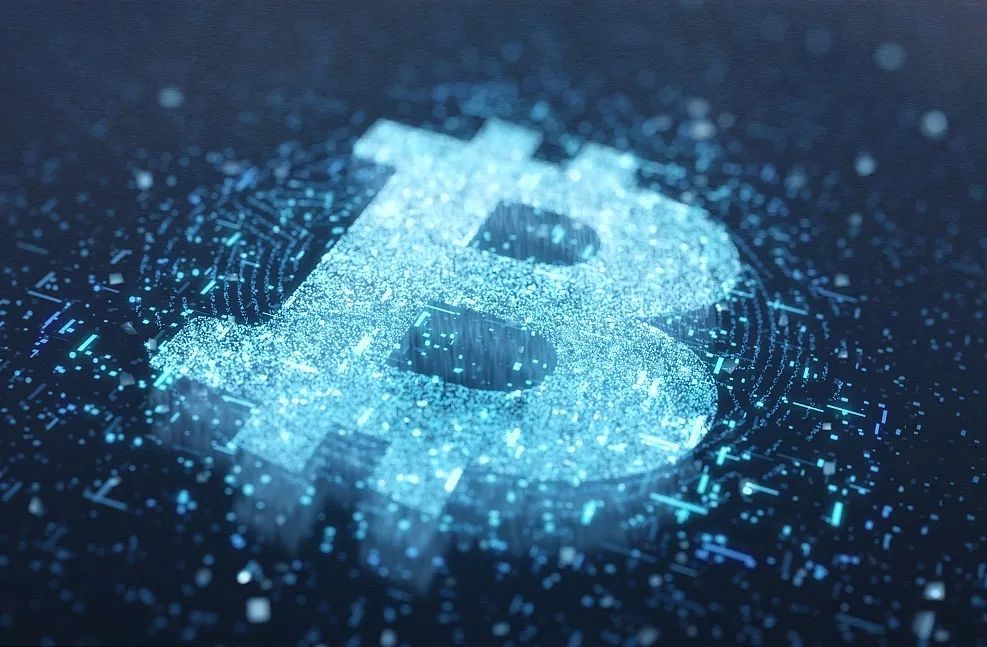
The Department of Justice of the United States launched on Friday a nationwide network to combat “the illicit use of digital assets”.
The Digital Asset Coordinator Network “will serve as the department’s primary forum for prosecutors to obtain and disseminate specialised training, technical expertise, and guidance about the investigation and prosecution of digital asset crimes”, according to a statement by the department.
“The efforts announced today reflect the commitment of the Justice Department and our law enforcement and regulatory partners to advancing the responsible development of digital assets, protecting the public from criminal actors in this ecosystem, and meeting the unique challenges these technologies pose,” said US Attorney General Merrick Garland.




